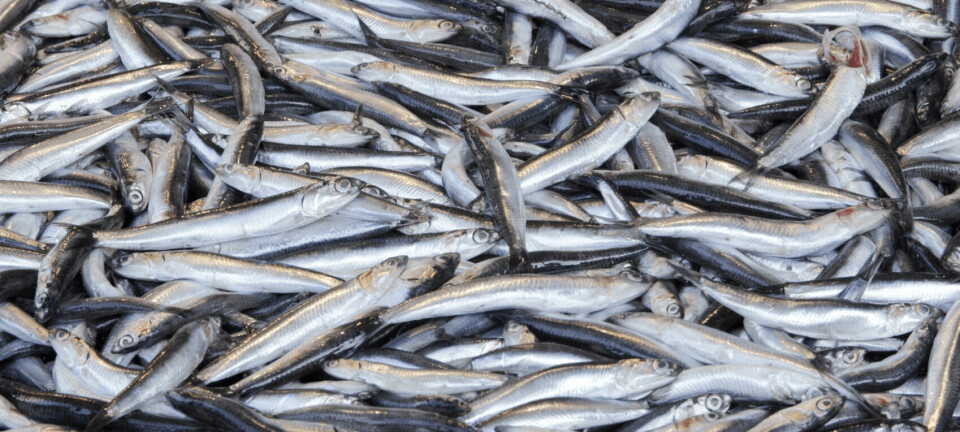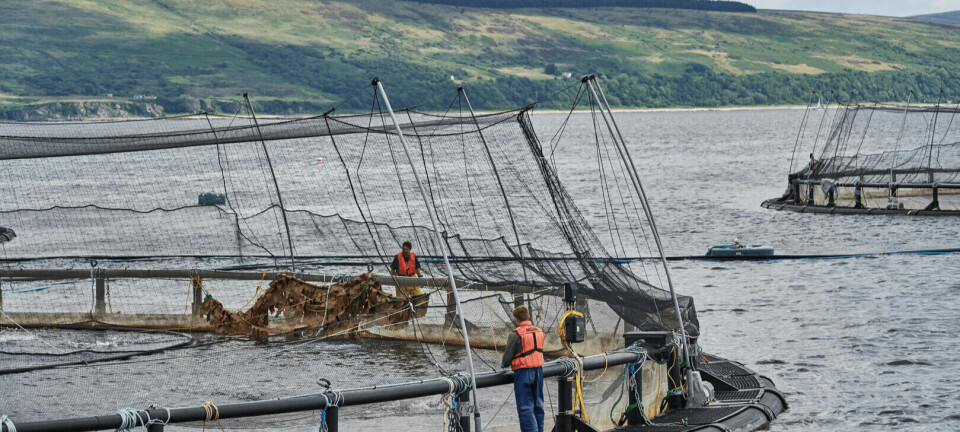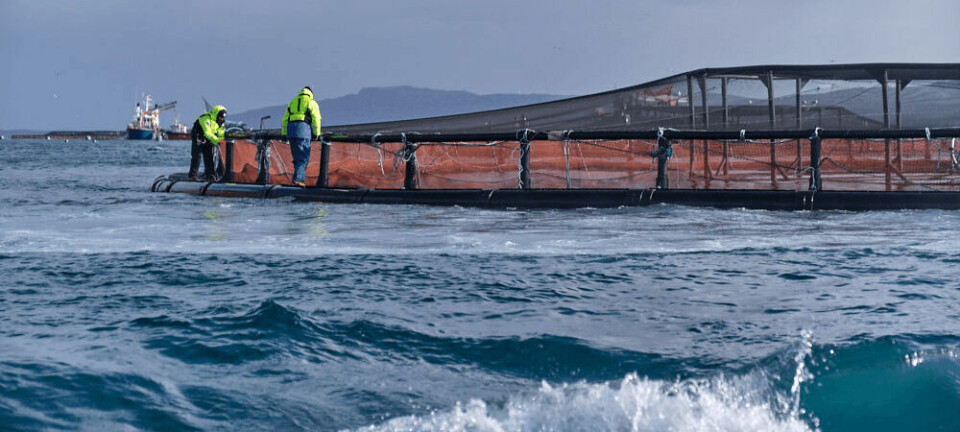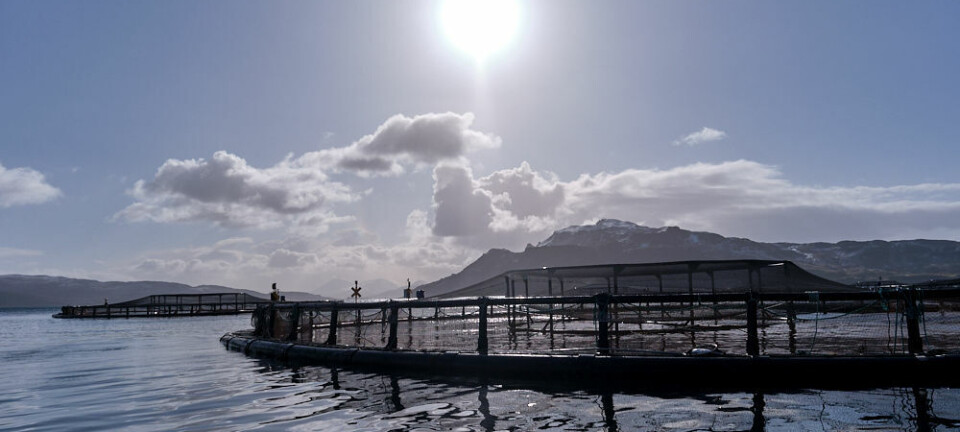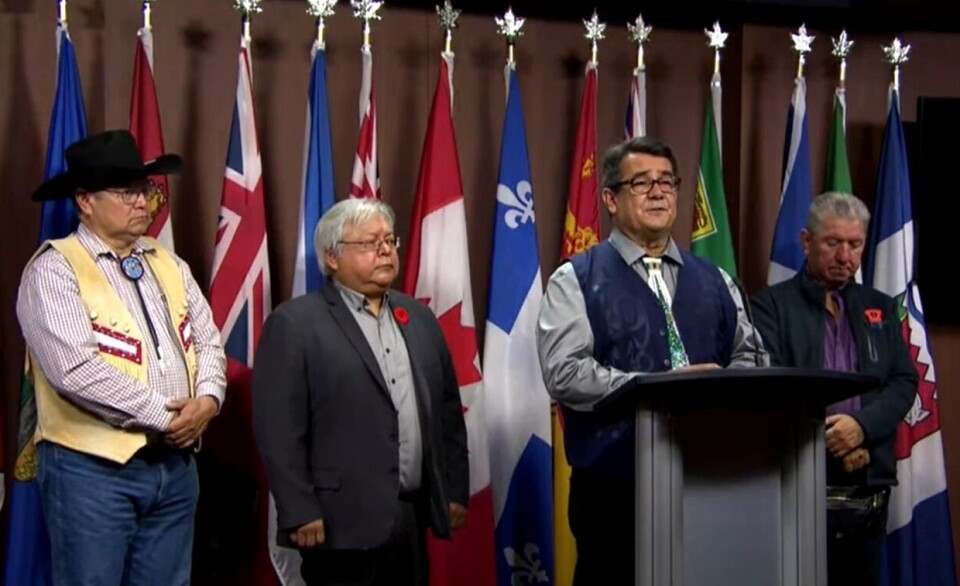
First Nations clash over salmon farming in BC
First Nations who support salmon farming in their traditional territories in British Columbia, Canada, have accused other BC Nations of attempting to erase their sovereign rights and title.
The Coalition of First Nations for Finfish Stewardship (FNFFS) spoke out after a press conference in Ottawa by members of the BC First Nations Wild Salmon Alliance who had met with federal officials including fisheries minister Diane Lebouthillier.
Bob Chamberlin, chair of the Alliance, said they told the minister that most BC First Nations want a transition that will remove open-net pens from the water.
“The message we carry is that this is a very clear opportunity for the federal government to take meaningful actions for reconciliation with First Nations literally across the province of British Columbia and in doing so enacting a safeguard for food security,” Chamberlin said.
Chamberlin acknowledged support for the plan isn’t unanimous among First Nations people in the province, where about a dozen communities are involved in the salmon farming industry, reported APTN (Aboriginal Peoples Television Network) on its website
'Spouting misinformation'
In response, the FNFFS posted a statement on X, formerly Twitter, which said: “We were disappointed to see representatives of the BC First Nations Wild Salmon Alliance once again pitting First Nations against First Nations today in Ottawa, all the while spouting misinformation about salmon farming in our territories and attempting to erase the sovereign rights and title of over a dozen coastal Nations in BC to suit an activist-driven agenda based on activist science.
“This is not a numbers game for us. We are coastal, often remote communities that are fighting for the revival of wild salmon, our economic self-determination, and the human well-being of our people. As coastal First Nations, we have always prioritised the ecological health of our lands, waters and elements and continue to do so, while working towards a sustainable future for our communities.”
APTN reported that Isaiah Robinson, a councillor with the Kitasoo Xai’xais Nation and a member of the FNFFS, acknowledged salmon stocks are being depleted but fish farms are not the main reason for this.
Climate change
“It is not salmon farms that are causing this problem,” Robinson told APTN. “There is no supporting evidence to that. It is purely climate change that is the largest issue right now that is causing the overall major decline in salmon stocks and at this point, we have more salmon in the Pacific Ocean than there was 100 years ago and they’re just not in our waters – they’re in Alaska, they’re in other waters right now.”
Robinson, whose Nation has agreements with Mowi Canada West, said FNFFS is in support of a transition plan but it has to be done in a way that takes into account the big economic impacts.
“For example, my own community that’s been a part of this and pioneered it, this is 51% of my economy and for it to be uprooted would completely destroy where I live,” Robinson said.
APTN reported that in an emailed statement Lebouthillier’s office said the government is committed to a responsible transition plan for open-net aquaculture and continues to work on a plan that protects Pacific salmon while providing support for workers and their communities.















